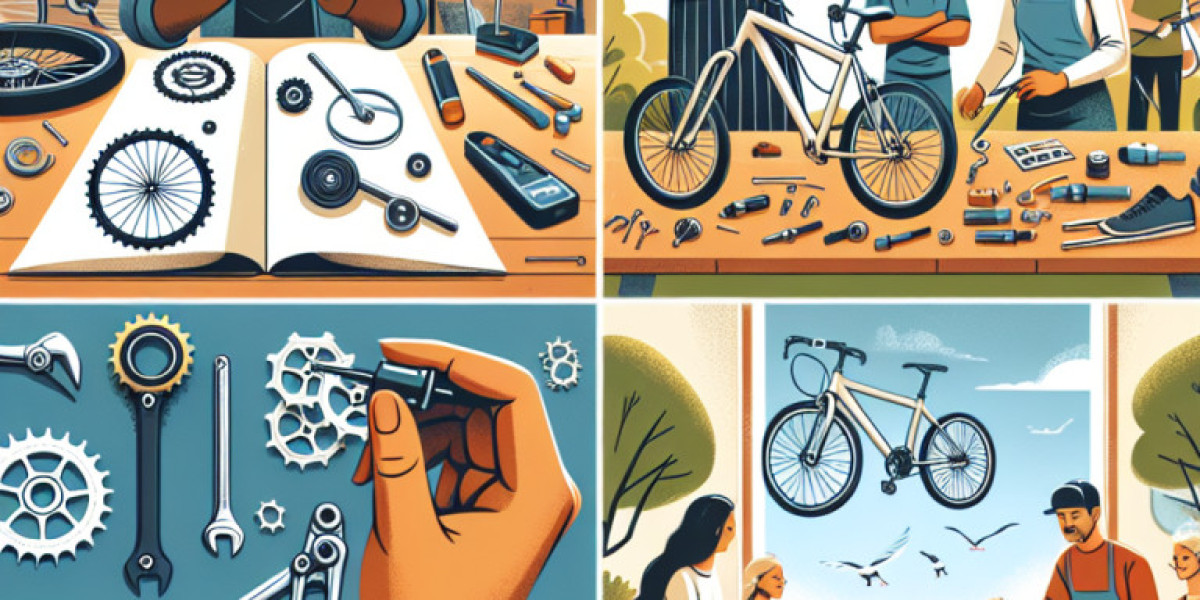Rollators for the Disabled: A Comprehensive Guide
Navigating the world is a fundamental part of life, yet for individuals with mobility issues, it can pose substantial challenges. Rollators, a kind of wheeled walker, have actually become an important mobility aid, giving self-reliance and enhancing the lifestyle for numerous who face physical challenges. This post will dive deep into the various aspects of rollators-- their benefits, functions, types, and aspects to consider when selecting one.
Comprehending Rollators
A rollator is a mobility device that includes a Homecraft Walker Trolley: Wheels & Trays for Ease frame on wheels, usually equipped with hand brakes and a built-in seat. Unlike traditional walkers that require users to lift the gadget to move on, rollators allow people to stroll while pressing the frame, offering both support and benefit. Making use of rollators has acquired appeal amongst individuals with impairments, those recuperating from surgical treatment, and the elderly.

Key Features of Rollators
| Function | Description |
|---|---|
| Wheels | Rollators usually have four wheels for stability and ease of motion. |
| Brakes | Hand brakes enable the user to slow down or stop safely. |
| Seat | An integrated seat offers a convenient resting location during getaways. |
| Purple Lightweight Aluminum Four-Wheel Rollator for Mobility Frame | Numerous rollators are made from Lightweight 4-Wheel Mobility Walker with Seat products, making them much easier to carry. |
| Adjustable Height | The handlebars can typically be adapted to accommodate different user heights. |
Benefits of Using a Rollator
Rollators use a variety of advantages that improve mobility and self-reliance amongst people with specials needs:
- Increased Mobility: Rollators assist users walk around more easily, enabling them to engage with their surroundings.
- Assistance and Stability: They offer outstanding support for standing and walking, minimizing the danger of falls.
- Convenience: Many rollators featured storage bags, making it possible for users to bring individual items easily.
- Resting Option: The built-in seats use a chance to rest throughout longer getaways, which is especially helpful for those with restricted endurance.
- Encouraged Activity: Rollators encourage movement and activity, which can contribute favorably to general health and well-being.
Types of Rollators
There are a number of types of rollators available in the market, catering to various requirements and choices:
- Standard Rollators: These normally have a lightweight frame and appropriate for indoor and outdoor use.
- Sturdy Rollators: Designed for larger individuals, sturdy rollators use increased weight capability and stability.
- Three-Wheel Rollators: These designs are more compact and easier to navigate in tight areas, making them appropriate for indoor use.
- Foldable Rollators: Ideal for travel, these rollators can be easily folded for transportation or storage.
- Rollators with Seats: Suitable for individuals who might require regular rests, these models have built-in seats and often come with back-rests.
Factors to Consider When Choosing a Rollator
Choosing the best rollator needs mindful consideration of numerous aspects:
- Weight Capacity: Ensure the rollator can support the user's weight.
- Height Adjustability: Look for adjustable handlebars to accommodate the user's height for ideal comfort and energy.
- Wheel Size: Larger wheels are better for irregular terrain, while smaller sized wheels may be more appropriate for indoor use.
- Accessories: Consider whether the rollator features additional functions such as baskets, cup holders, or trays.
- Alleviate of Transport: If the individual will be taking a trip frequently, a Lightweight 4-Wheel Rollator Walker with Seat or foldable model might be needed.
Often Asked Questions (FAQs)
1. How do I understand if a rollator is ideal for me?Consulting with a healthcare professional can supply guidance based on individual requirements and mobility limitations. 2. What is the average expense of a rollator?Rollator prices
vary extensively, varying from ₤ 100 to over ₤ 400,
depending upon the brand and features. 3. Are rollators covered by insurance?Many insurance plan, consisting of Medicare, might cover
rollators as part of durable medical devices. It's a good idea to contact the insurance provider ahead of purchase. 4. Can I use a rollator outdoors?Yes, lots of rollators are developed for outdoor use, however it's vital to pick one with proper wheel sizes and terrain handling abilities. 5. a rollator, users can make educated decisions tailored to their needs. Whether exploring the outdoors or running errands, www.mymobilityscooters.uk a well-chosen rollator can substantially improve one's quality of life, transforming everyday activities into satisfying experiences. For people seeking to restore their flexibility and gain self-confidence in their mobility, the right rollator can be a life-altering possession.
How do I keep my rollator?Regular checking of wheels, brakes, and frames for dirt or damage is necessary. Clean down surfaces with mild cleaners and lubricate moving parts when needed. Rollators work as vital tools for individuals with specials needs, boosting mobility and motivating self-reliance. By understanding the different types, functions, and factors to consider associated with selecting








